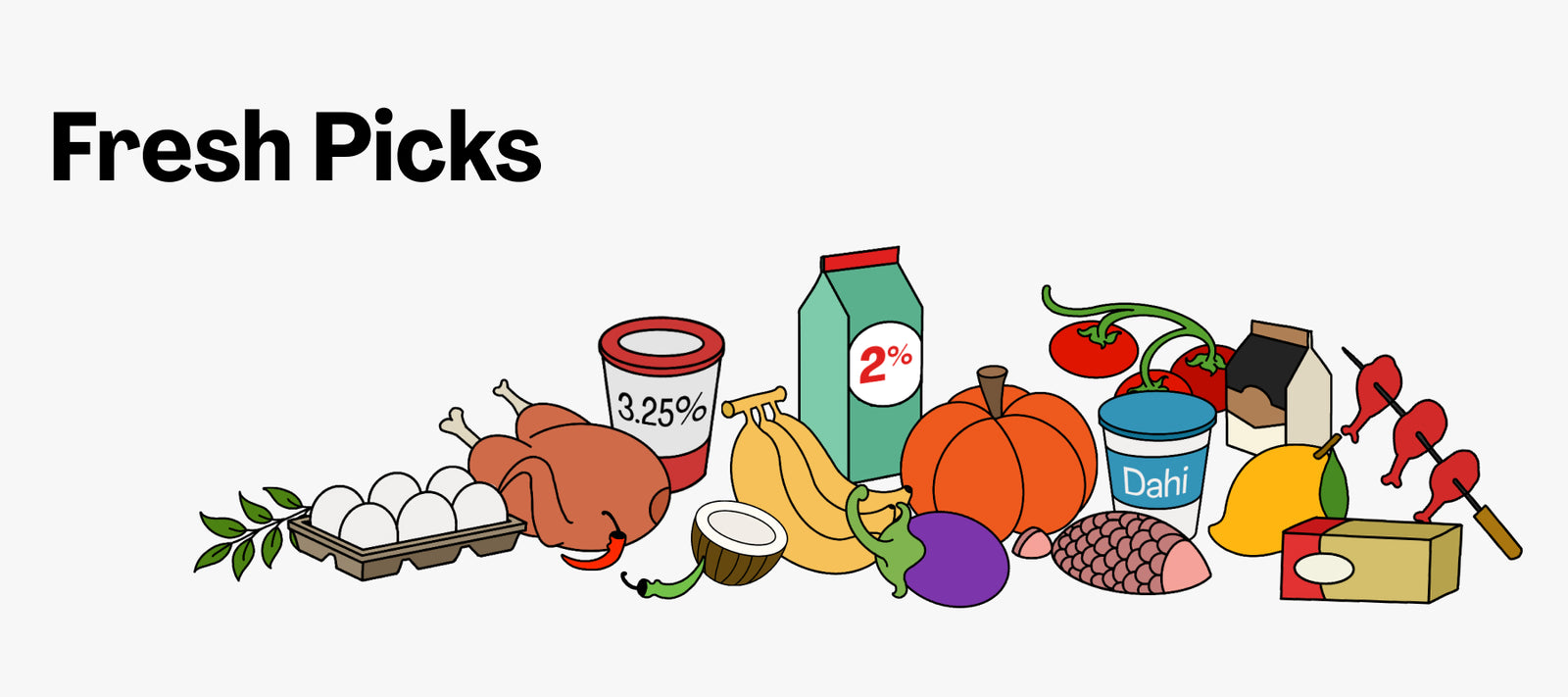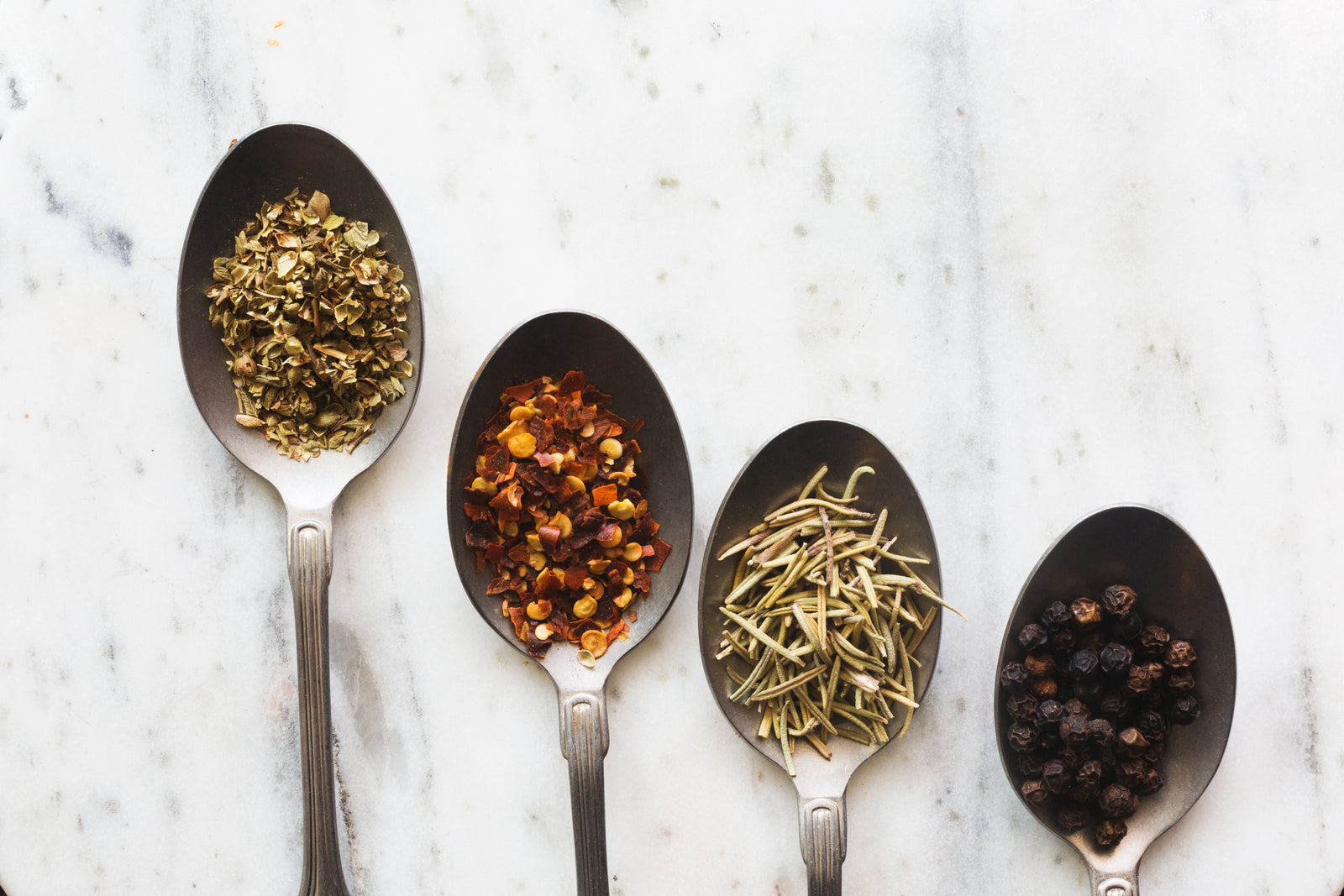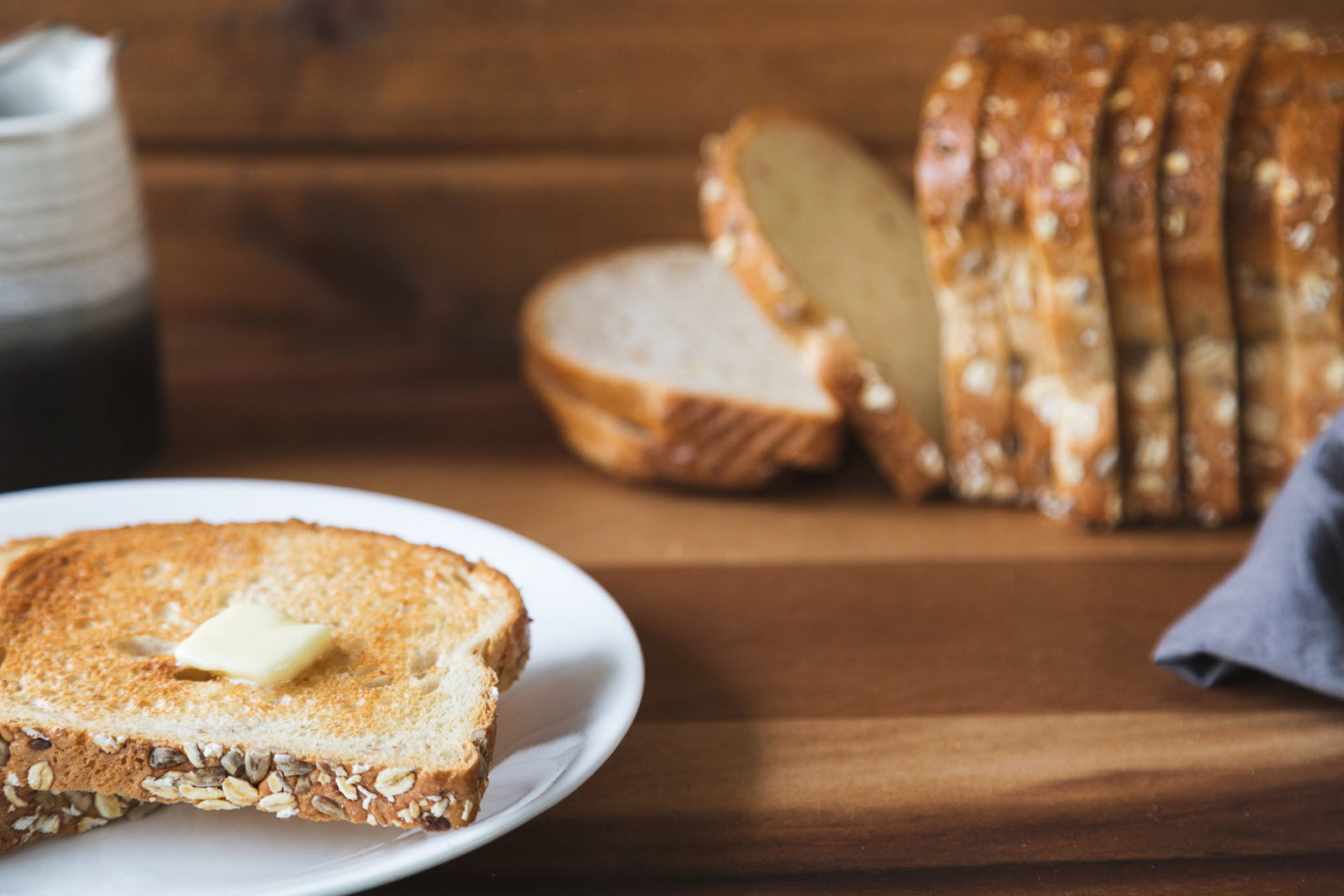
Packing food and its storage is so important to avoid unhealthy diseases. Often food poisoning occurs due to bacteria that formed on food stored incorrectly or handled badly or cooked without proper precautions. Contaminated food may smell or taste or look normal but it is strictly advised not to have hands-on stale food.
TIPS TO AVOID FOOD CONTAMINATION and HAVE A PROPER STORAGE/PACKING
1. AVOID KEEPING HIGH-RISK FOOD AT DANGER ZONE TEMPERATURE
Bacteria in food grow fast and multiply in risky temperature zone between5 °C and 60 °C. So avoid keeping high-risk dangerous foods like those below out of the above-mentioned temperature zone.
Dairy products, raw and cooked meat, eggs, egg products, seafood, cooked rice, pasta, prepared salads, prepared fruit salads and ready-to-eat foods.

2. FOOD STORAGE IN THE REFRIGERATOR
When you store raw and cooked food, store raw food separately and below the cooked foods and your fridge temperature must be maintained at 5 °C or below. Use a thermometer to check the right temperature in your fridge whereas in the freezer temperature should also be below -15 °C.

3. FOOD STORAGE IN COVERED AND SUITABLE CONTAINERS
It is advisable to store raw food in sealed or covered containers and also at the bottom of the fridge. Keep the cooked foods on top of the raw foods to avoid any liquid such as meat juices dripping down and contaminating cooked food.

5. DO NOT REFREEZE THAWED FOOD
Frozen food itself is a red flag if you want to maintain a healthy lifestyle and healthy diet. Poisonous bacteria grow on frozen food while it is thawing so avoid refreezing any frozen food at the risky temperature zone. Cook the defrosted food immediately after defrosting it in an oven.

5. NEVER CONSUME PACKED FOODS AFTER THE EXPIRY DATE
Always keep an eye and check on the use-by dates on the food products, especially the packaged foods. Regular discard of out-of-date food is advisable. If you are not sure or uncertain of the expiry or use-by date of any food products just throw it away.






